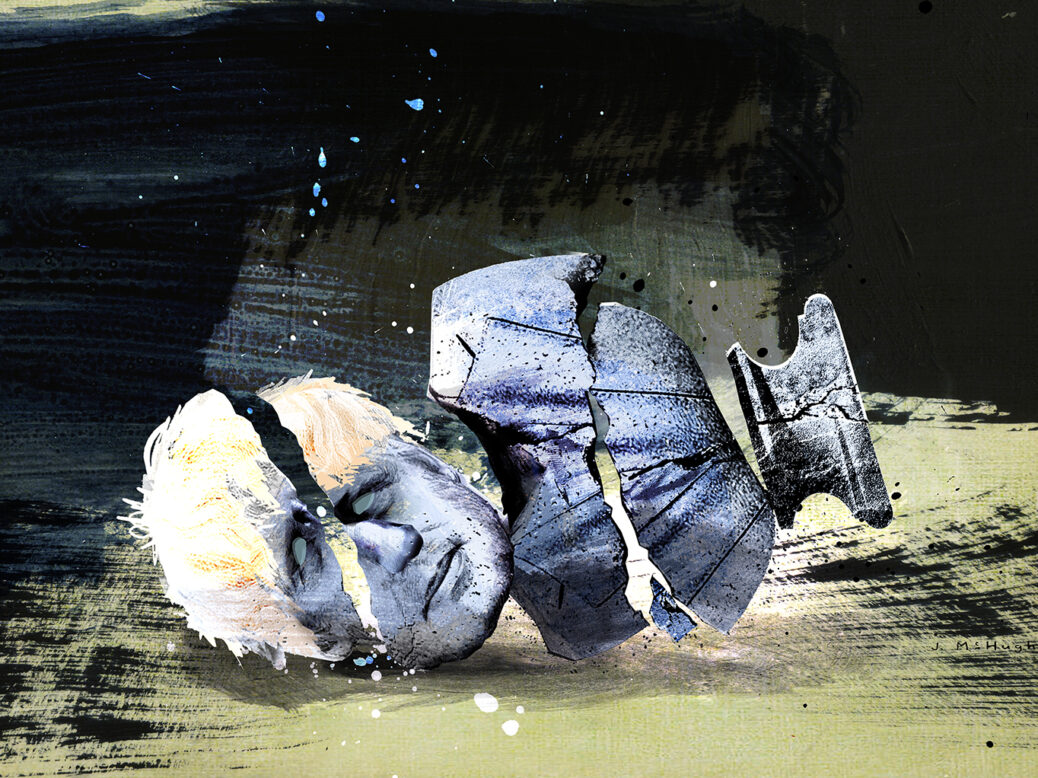
Boris Johnson’s premiership is over. Seventeen ministers have resigned in the past 24 hours. Fifteen other MPs have resigned lower-profile posts. And there is no sense that the resignations are at an end. A number of other MPs, including long-time loyalists, have withdrawn their support from Johnson.
One month ago today, 148 Conservative MPs voted against the Prime Minister in the party’s confidence vote on his leadership. After this, Johnson could only afford to lose another 32 MPs if he wanted to retain control of the Tory party (and failed to win back the support of the 148). Without the support of 180 MPs, he cannot continue in office.
He does not have that support. The MPs who were propping up his government have departed en masse today. He has lost the backing of senior Tories (Liam Fox), of prominent Sajid Javid supporters (Robert Halfon and John Glen), and of his most able younger ministers (Kemi Badenoch and Neil O’Brien).
“You can just feel it. Look around. It’s over,” a prominent political editor put it to me in Portcullis House this afternoon. The only question is how Johnson wants to depart.
The mechanism is clear. There are three options. First, as the chair of the Conservative’s back-bench 1922 Committee, it is for Graham Brady to tell Johnson when he has lost control of the party. Johnson could listen to Brady and resign. But few expect this.
Second – if Johnson refuses to go – the current executive of the 1922 Committee could vote, today or tomorrow, to change its no-confidence rules: they currently prevent another vote against Johnson within a year after the previous one. A vote of no confidence could then follow this week or be proposed for next week, “to give the Prime Minister a chance to go over the weekend,” as a Tory rebel suggested to me today.
Third, the 1922 could wait to elect a new committee next week, as it is due to do, and then vote to change the rules. There is no doubt that the committee scheduled to be re-elected next week will favour changing the rules – such is Johnson’s unpopularity on the back benches.
But it now seems highly unlikely that the party will wait another week. Johnson’s premiership is imploding now. It’s “all over”, says one rebel. “He’s done,” says another. “Look at the faces of the cabinet today. They know.”
Three dozen Johnson loyalists met with him after PMQs. There was a gallows excitement over the possibility of tax cuts under Johnson’s new Chancellor, Nadhim Zahawi. But Zahawi – who may be questioning his surprise decision to accept the post last night – was not present, and it is unlikely that either he or Johnson will long be in post.
[See also: Boris Johnson to resign – what happens now? ]





